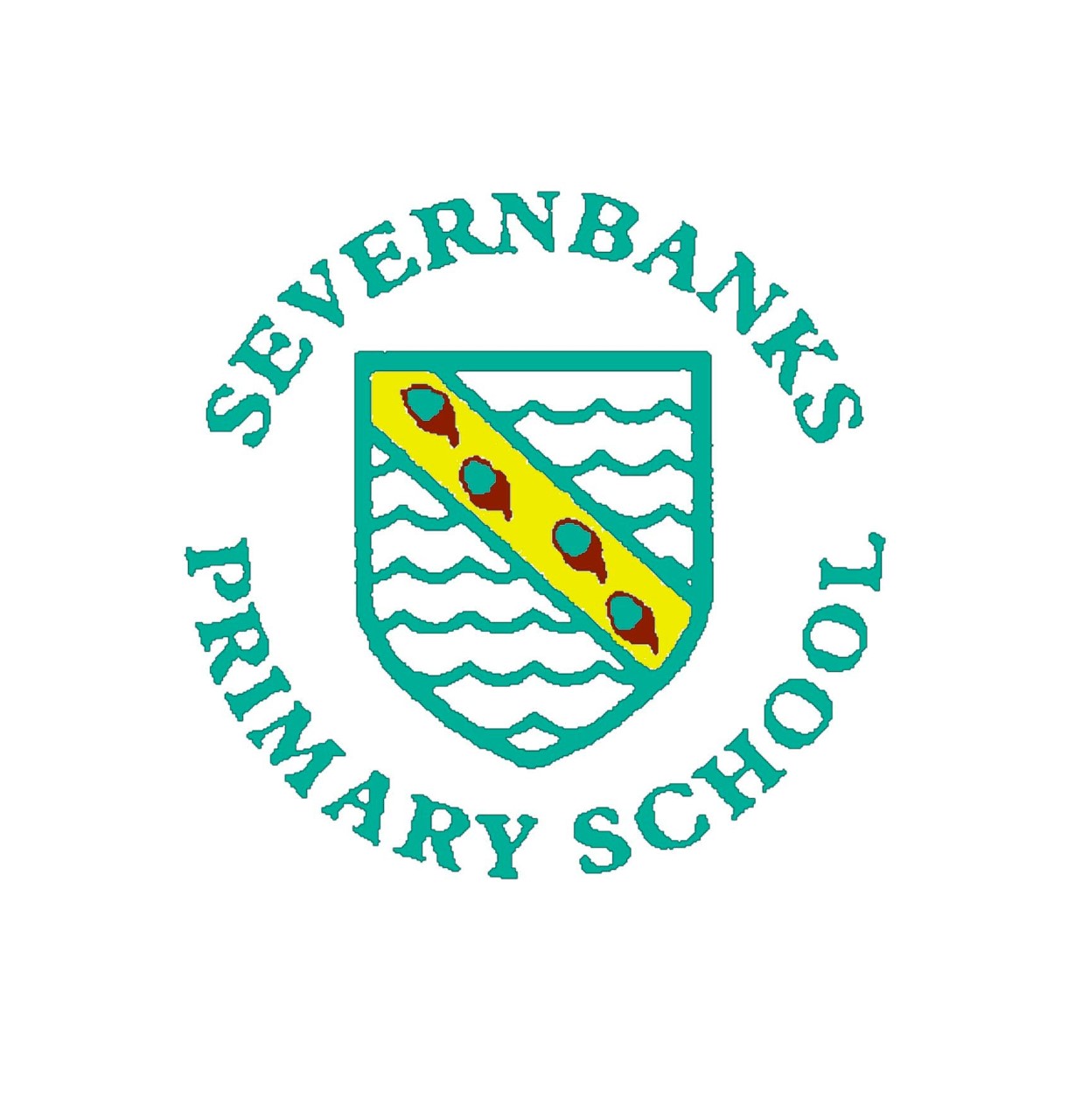SMSC
At Severnbanks Primary School, all aspects of social, moral, spiritual and cultural education are seen as part of a whole school approach to the development of our pupils. We aim to ensure that good SMSC is evident across lessons, our school environment and in the extra activities that make up our school day. We also know that good SMSC includes a commitment to recognising and celebrating our place in the global community and in turn ensures that we model and live by the values of democracy, respect, tolerance and liberty as well as knowing our rights and responsibilities. By placing such emphasis on all of these themes, we are contributing to the PREVENT agenda and building well rounded, confident, compassionate young people.
We recognise that the personal development of pupils, spiritually, morally, socially and culturally (SMSC) plays a significant part in their ability to learn and achieve. We therefore aim to provide an education that provides pupils with opportunities to explore and develop:
- their own values and beliefs,
- spiritual awareness,
- high standards of personal behaviour,
- a positive, caring attitude towards other people,
- an understanding of their social and cultural traditions
- an appreciation of the diversity and richness of other cultures.
Spiritual Development
Pupils' spiritual development involves the growth of their sense of self, their unique potential, their understanding of their strengths and weaknesses, and their will to achieve. As their curiosity about themselves and their place in the world increases, they try to answer for themselves some of life's fundamental questions. They develop the knowledge, skills, understanding, qualities and attitudes they need to foster their own inner lives and non-material wellbeing.
Pupils’ spiritual development is shown by their:
- Beliefs, religious or otherwise, which inform their perspective on life and their interest in and respect for different people’s feelings and values
- Sense of enjoyment and fascination in learning about themselves, others and the world around them, including the intangible
- Use of imagination and creativity in their learning
- Willingness to reflect on their experiences.
- Pupils’ moral development is shown by their:
- Ability to recognise the difference between right and wrong and their readiness to apply this understanding in their own lives
- Understanding of the consequences of their actions
- Interest in investigating, and offering reasoned views about, moral and ethical issues
Moral Development
Pupils' moral development involves pupils acquiring an understanding of the difference between right and wrong and of moral conflict, a concern for others and the will to do what is right. They are able and willing to reflect on the consequences of their actions and learn how to forgive themselves and others. They develop the knowledge, skills and understanding, qualities and attitudes they need in order to make responsible moral decisions and act on them.
Pupils’ moral development is shown by their:
- Ability to recognise the difference between right and wrong and their readiness to apply this understanding in their own lives
- Understanding of the consequences of their actions
- Interest in investigating, and offering reasoned views about, moral and ethical issues.
Social Development
Pupils' social development involves pupils acquiring an understanding of the responsibilities and rights of being members of families and communities (local, national and global), and an ability to relate to others and to work with others for the common good. They display a sense of belonging and an increasing willingness to participate. They develop the knowledge, skills, understanding, qualities and attitudes they need to make an active contribution to the democratic process in each of their communities.
Pupils’ social development is shown by their:
- Use of a range of social skills in different contexts, including working and socialising with pupils from different religious, ethnic and socio-economic backgrounds
- Willingness to participate in a variety of social settings, cooperating well with others and being able to resolve conflicts effectively
- Interest in, and understanding of, the way communities and societies function at a variety of levels.
Cultural Development
Pupils' cultural development involves pupils acquiring an understanding of cultural traditions and an ability to appreciate and respond to a variety of aesthetic experiences. They acquire a respect for their own culture and that of others, an interest in others' ways of doing things and curiosity about differences. They develop the knowledge, skills, understanding, qualities and attitudes they need to understand, appreciate and contribute to culture.
Pupils’ cultural development is shown by their:
- Understanding and appreciation of the wide range of cultural influences that have shaped their own heritage
- Willingness to participate in, and respond to, for example, artistic, musical, sporting, mathematical, technological, scientific and cultural opportunities
- Interest in exploring, understanding of, and respect for cultural diversity and the extent to which they understand, accept, respect and celebrate diversity, as shown by their attitudes towards different religious, ethnic and socio-economic groups in the local, national and global communities.
